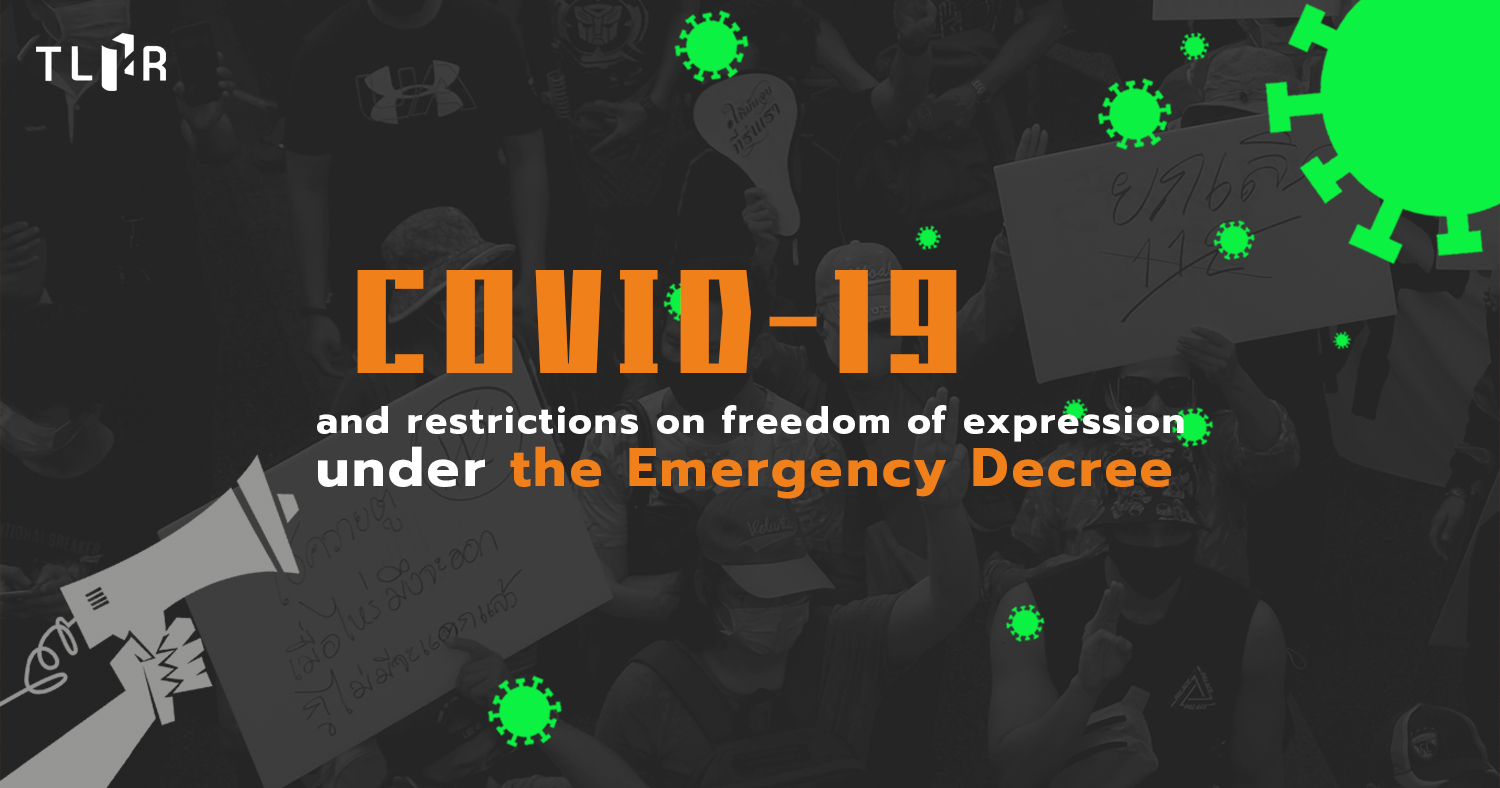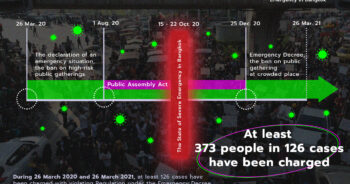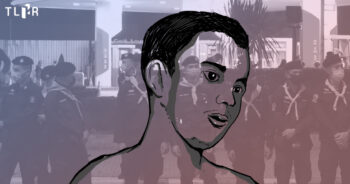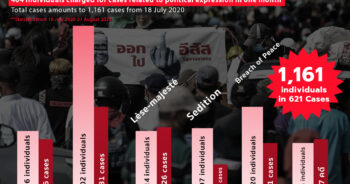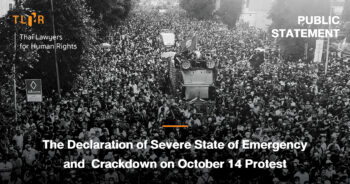The COVID-19 outbreak is a deadly global pandemic that originated from large-scale infections
in December 2019. The first patient who contracted the virus was found in Wuhan, China.
Meanwhile, Thailand reported the first case of COVID-19 infection in January 2020.
Nonetheless, in the beginning, Thailand’s infection rate did not increase significantly. The
government decided to use existing legal apparatuses to implement disease control measures until a major boxing match at the Lumpini Boxing Stadium on 6 March 2020 became a super-spreader event that led to widespread infections. This juncture eventually led to the government’s declaration of the State of Emergency on 25 March 2020; the first period of a national state of emergency took effect from 26 March 2020 to 30 April 2020.
Thailand managed to control the spread of the COVID-19 pandemic effectively in May, maintaining a steadily low infection rate without any dramatic surge of cases, often reporting zeronew cases. However, later, a sizable cluster was found in Samut Sakhon’s shrimp markets and fishpiers, prompting the number of COVID-19 cases to soar. In response, the government re-introduced restrictions previously relaxed after their initial success in containing the virus.
Notably, after the government discovered the cluster at Samut Sakhon’s shrimp markets and fish
piers, it announced that this outbreak was a new wave of infection because it had no link to the
previous episode.
During this wave of outbreaks, the government issued rules that decentralize decision-making
powers, delegating some authority on determining disease control measures to the Governor of
Bangkok and other provincial governors. Furthermore, the government classified all areas across the nation into three different zones, depending on the level of severity of the pandemic situation in those areas: (1.) Maximum- and strict-control zone, (2.) Maximum-control zone, and (3.) Control zone. This measure stems from the fact that each area has experienced the impact of the COVID-19 outbreak at different levels of severity.
On 25 March 2021, the third wave of COVID-19 outbreak emerged from a cluster identified in an
entertainment venue in Thong Lor. The cluster worsened the situation of the pandemic causing
far-reaching infection throughout the country, including in prisons. Since then, the Prime Minister has extended the nationwide state of emergency every month 12 times; the latest extension lasting until 31 July 2021. Thailand has, therefore, been under a state of emergency for more than one year and counting. The government continues to use the ongoing wave of COVID-19 and the vaccination scheme that has not covered the entire population as a justification for its repeated extension of the state of emergency.
A total of 24 regulations have been issued under Section 9 of the Emergency Decree on Public
Administration in Emergency Situations B.E. 2548 (2005) (Hereinafter “Emergency Decree
Regulations”) – some enacted with a legal basis from the Emergency Decree or other laws and
others without a legal basis. Numerous measures laid out in these Emergency Decree Regulations impact people’s exercise of their rights and liberties. Some examples include the ban on entering and exiting areas prone to virus infections, entering the country, gathering in a public assembly, and the measures determining conditions for reporting news, maintaining peace and order, controlling infectious diseases, and enforcing a curfew, among many other measures.
Among the rights and freedoms subject to extensive restrictions are freedom of movement,
freedom of expression, freedom of assembly, and all the rights during the judicial process. Amid
the vibrant mobilization of political activities in Thailand, the number of lawsuits stemming from the exercise of such freedom has risen in direct correlation with the COVID-19 situation. The declaration of a state of emergency has become one of the most critical challenges in exercising these freedoms.
Accordingly, Thai Lawyers for Human Rights (TLHR), an organization providing legal aid for
those who exercised their freedom of political expression, has developed this report to identify the impacts of the declaration of a state of emergency to curb the spread of COVID-19. The report will demonstrate how the emergency measures do not only result in economic and public health impacts but also produce serious consequences on the freedoms of movement, expression, assembly, and the rights during the judicial process for those subject to lawsuits for exercising their rights and liberties. Additionally, the report will examine the issues of proportionality in emergency measures and the exemption of liability and propose recommendations for amending emergency laws.
Download a full report: COVID-19 and Restrictions on Freedom of Expression under the Emergency Decree
